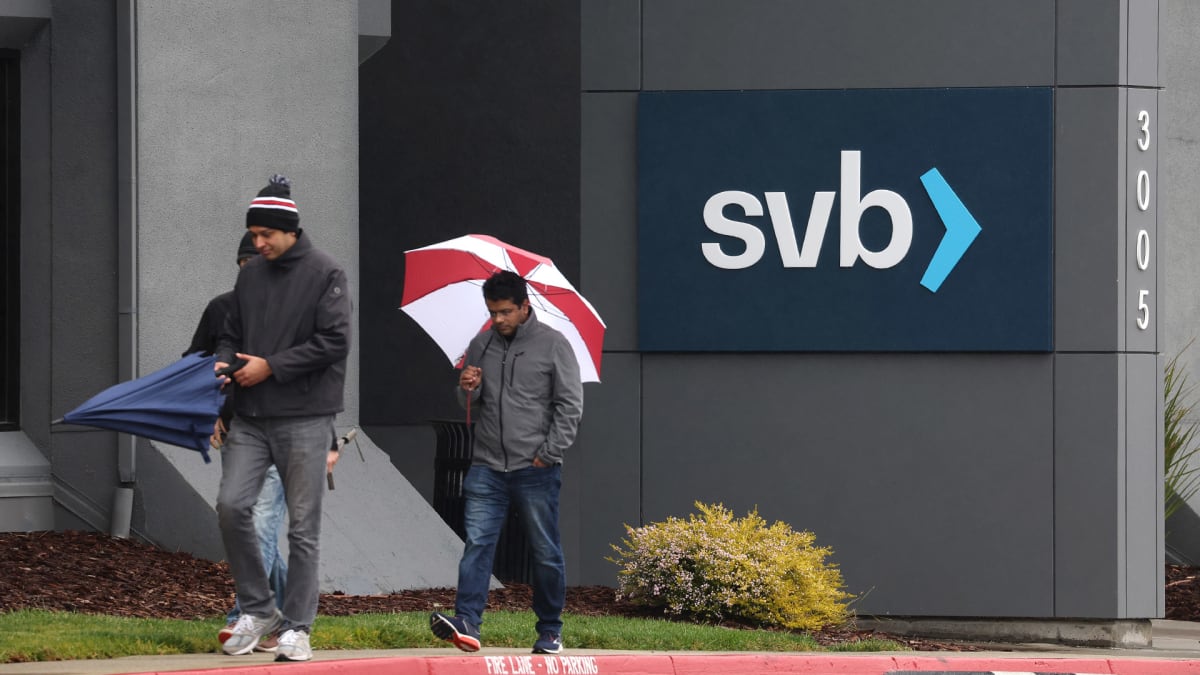
A thunderclap went through business circles on March 10.
U.S. regulators decided to close Silicon Valley Bank, the go-to lender for many startups and a major player in the ecosystem of young and small businesses, particularly in the San Francisco Bay Area.
Two days later, the Federal Deposit Insurance Corporation (FDIC), the Federal Reserve (Fed) and the U.S. Treasury Department announced that they had also closed Signature Bank in New York.
A little over a month and a half later, the FDIC seized First Republic Bank and sold it to JPMorgan Chase.
Besides the fact that these three banks were all regional, they have in common that their failure was caused by a bank run by their customers. What caused customers to panic is the fear of losing their funds. It was mainly businesses and wealthy customers who rushed to withdraw their money for a very simple reason: the FDIC guarantees deposits up to $250,000 only. Basically, all individuals and businesses with more than $250,000 in their accounts would lose anything above the FDIC threshold if the bank defaulted.
'Pick Your Poison'
While the crisis of confidence persists, despite the intervention of regulators to avoid a major banking crisis, critics are calling for the reform of the public deposit guarantee system. For these critics, if the FDIC agreed to insure all deposits in regional banks regardless of the amount, there would be no more bank runs and it would restore calm to the system. Elon Musk, the serial entrepreneur, is one of them. This is what he has just repeated, saying he agrees with David Sacks, a tech investor and a friend of his.
Sacks believes that the acquisition of First Republic Bank by JPMorgan Chase in last weekend's government-led emergency sale helps expand big banks that are already dominant. These large banks thus do not have to make an effort, such as offering attractive interest rates for savings accounts, because customers go to them. Basically, the big banks don't have to try to attract customers, because the latter, for fear of losing their money with small banks where only a portion of their deposits are insured, will prefer the bigger players.
He made the argument on Twitter, after a user on the platform lamented that JPMorgan Chase, symbol of big banks, was the big winner from First Republic Bank's problems.
"The Fed just made J.P. Morgan even larger, more powerful and likely more profitable, at expense of smaller banks that serve working Americans," the user blasted out. "And while Wall Street crushes Main Street, the head of the Senate Banking Committee, @SenSherrodBrown, hasn't done a thing to stop them."
Sacks then intervened to say that the problem lay elsewhere.
"This is true but the deposits were already moving to JPM (which is why JPM can afford to offer 0.01% interest)," the tech investor commented. "As long as you have a two-tier banking system, where SIBs are fully protected but Regional/Community Banks are at-risk, deposits will flow from the latter to the former."
SIBs stands for Systemically Important Banks or banks which, if they failed, would be likely to cause the collapse of the entire financial system.
For Sacks, the only solution to maintain regional banks around "is to raise FDIC for business accounts."
"Pick your poison on what type of intervention you want," he said.
Unlimited Guarantee on Deposits?
Musk agrees and hasn't been shy about making it known that this idea was the remedy for the failures of regional banks and would prevent the expansion of the domination of the big banks on Wall Street.
"Absolutely," the billionaire said on Sacks' proposal.
Opponents of an unlimited guarantee of deposits in regional banks argue that such a decision would push firms to take undue risks.
The FDIC made its own recommendations on May 1 to reform the current deposit insurance system. The federal regulator said it favored targeted coverage, which calls for offering "different deposit insurance limits across account types."
The targeted coverage option would give business payment accounts, which typically include funds for payroll, "significantly higher coverage than other accounts."
Banks could also benefit from limited coverage by the FDIC keeping the current framework, but possibly increasing the $250,000 limit.
There is also a possibility to provide additional coverage by extending unlimited deposit insurance coverage to all depositors.
Any changes to deposit coverage amounts would need congressional approval.
The number of uninsured deposits rose to 46.6% in 2021, setting a record since 1949.







